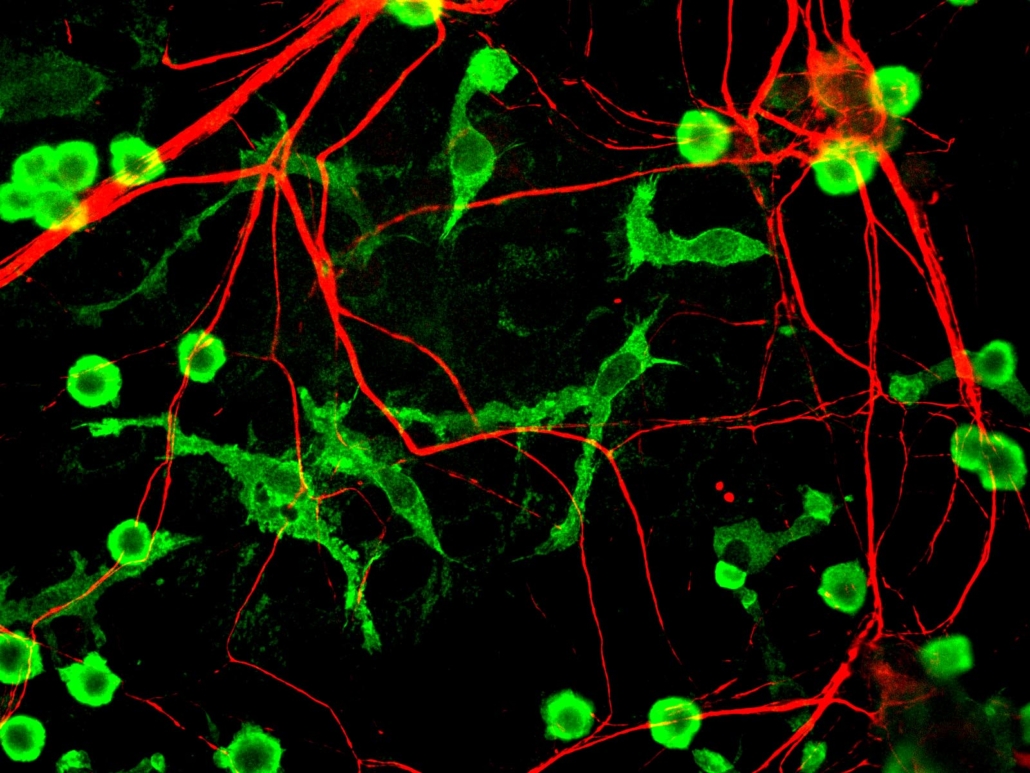
Researchers identify blockers of CNS effects of PD1 cancer therapy
German researchers have tracked down the causes for central nervous system side effects of cancer immunotherapies and blocked them in small animal models.
In mouse models, a group headed by Marco Prinz from University Freiburg demonstrated that adverse side effects of immune cancer therapies with PD1 and CTLA-1 blockers triggered an irregular activation process in microglia cells, the brain’s immune system.
First author Janaki Vinnakota and colleagues administered anti-PD-1 antibodies to mice and confirmed that the treatment led to cognitive deficits in the animals due to abnormal activation of microglia. In follow-up experiments, the team tied the activation of microglia to an enzyme named Syk, and showed that the Syk inhibitors entospletinib or fostamatinib dampened microglial activation in mice treated with anti-PD-1 antibodies.
The treatments also partially protected the rodents from cognitive deficits without impacting the antibodies’ ability to promote anti-tumour T and B cell immune responses. The researchers also imaged postmortem brain tissue from patients who received anti-PD-1 treatments and observed that their microglia displayed similar markers of activation. Vinnakota et al. caution that their findings primarily focus on microglia, noting that other types of cells such as astrocytes may also contribute to neuroinflammation linked to anti-PD-1 therapy.


 chokniti - Adobe Stock
chokniti - Adobe Stock
